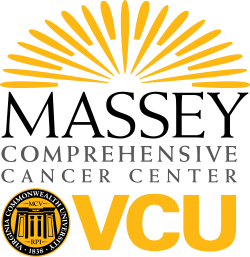
Dr. Geyer on Challenges in HER2+ Metastatic Breast Cancer Management

Charles E. Geyer, Jr, MD, professor of medicine, Virginia Commonwealth University School of Medicine; associate director for clinical research and Harrigan, Haw, Luck Families chair in Cancer Research, Massey Cancer Center, discusses ongoing challenges in the management of patients with metastatic HER2-positive breast cancer.
Charles E. Geyer, Jr., MD, professor of medicine, Virginia Commonwealth University School of Medicine; associate director for clinical research and Harrigan, Haw, Luck Families chair in Cancer Research, Massey Cancer Center, discusses ongoing challenges in the management of patients with metastatic HER2-positive breast cancer.
Despite therapeutic advances with monoclonal antibodies, patients are treated indefinitely, says Geyer. When side effects result, they can be difficult to manage. Treatment with ado-trastuzumab emtansine (T-DM1; Kadcyla), though generally well-tolerated, carries a risk of neuropathy, particularly in patients who received trastuzumab (Herceptin) and taxanes.
The treatment of patients with brain metastases remains the greatest challenge in this setting. Although stereotactic radiosurgery techniques have improved, additional systemic therapies are needed. Treatment with small-molecule TKIs have shown response rates of 30% to 45%, Geyer says; however, these responses are not durable.
Going forward, better management strategies in early HER2-positive breast cancer are necessary to combat these challenges, concludes Geyer.






































